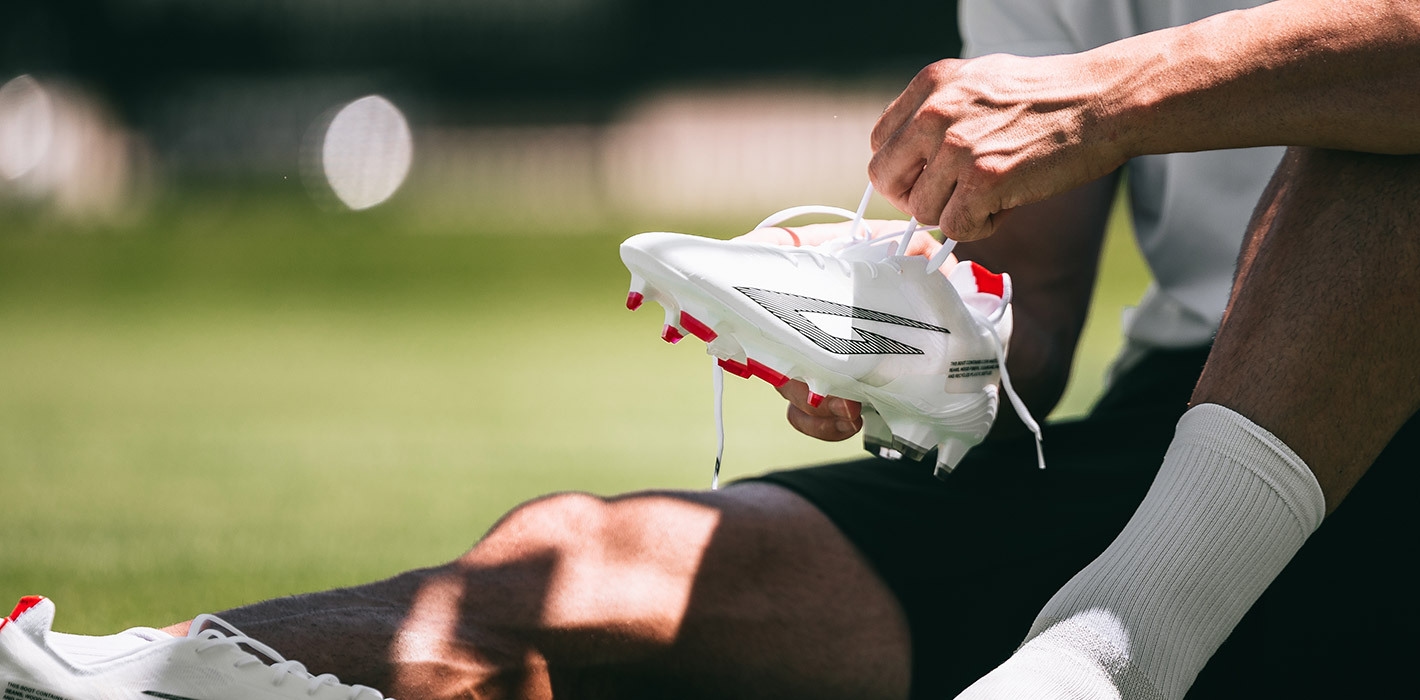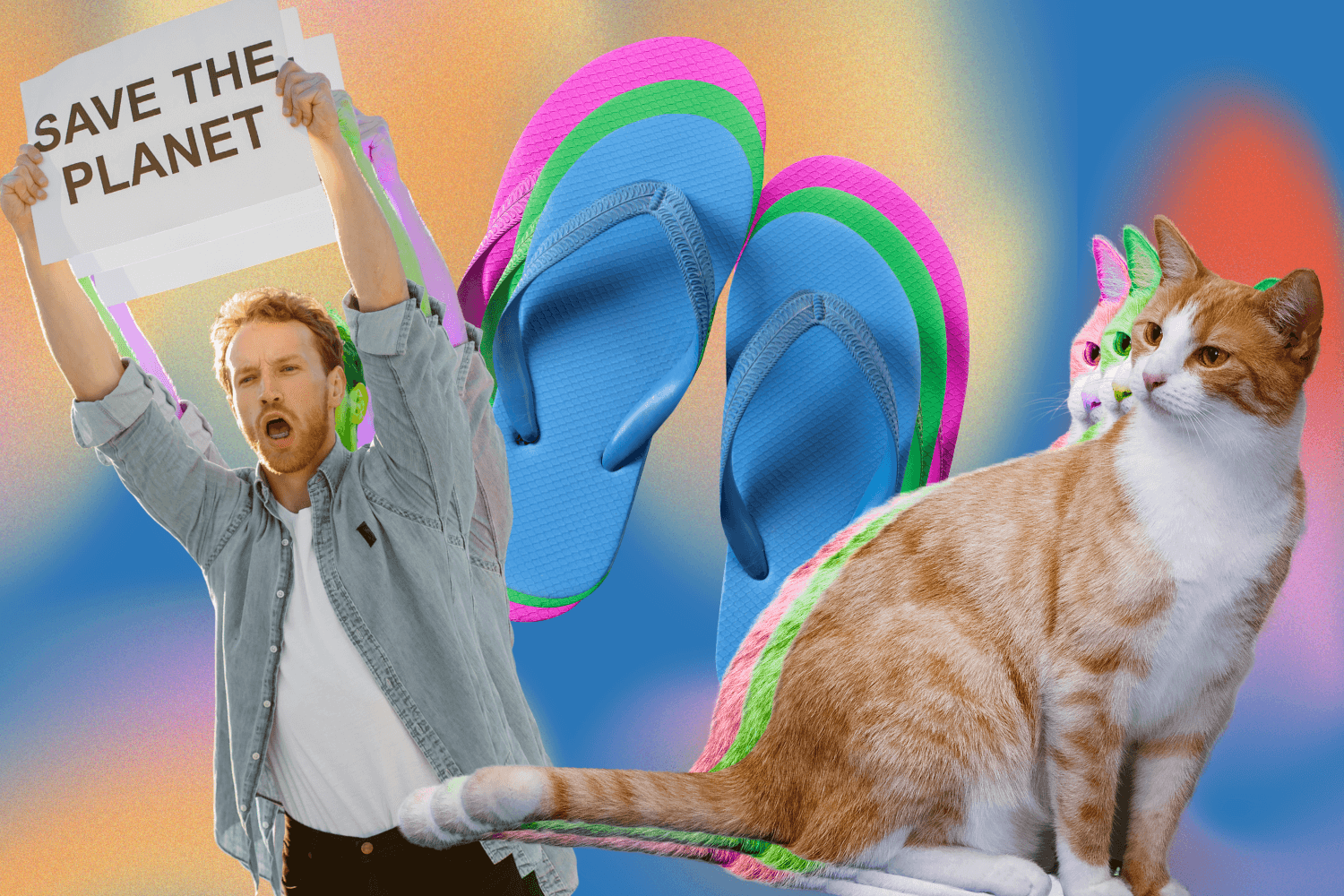Sokito is revolutionizing the football industry by creating boots that , ethical practices, and innovative design. Combining eco-conscious materials with performance-driven technology, Sokito is setting new standards for sports gear.
Innovative Use of Materials
Sokito"s boots stand out because they integrate materials that reduce environmental impact without compromising quality or performance. Each pair of boots contains at least 56% recycled or eco-friendly materials, including:
Recycled Plastic: Used in parts such as the upper, insole, laces, andstitching, each boot incorporates the equivalent of 2.5 plastic bottles.
Castor Oil: The outsole is made from a renewable plastic derived fromcastor beans, providing durability while avoiding fossil fuel-based plastics.
Repurposed Rubber and Carpet: Sokito even incorporates materials from unexpected sources, like old carpets, to further its recycling goals.
Kangaroo Leather: For non-vegan models, Sokito uses kangaroo leather, aby-product of government-regulated population control, known for its durability and flexibility.
For vegan athletes, Sokito offers the Devista Vegan model, certified by theVegan Society, which eliminates animal products entirely.
Revolutionizing Recycling
Sokito is the first company to offer a boot recycling program, addressing asignificant environmental issue: every year, approximately 12.5 million football boots are discarded into landfills across Europe and the USA. By partnering with ESO Recycling in Italy, Sokito ensures old boots are broken down intoreusable components such as rubber, textiles, plastics, and metals. These materials arerepurposed for practical applications, like playground surfaces and running tracks.
Football boots being thrown into landfill is… well, it"s like scoring an own goal. In a cupfinal. In the last minute of extra time.
This initiative not only reduces waste but also incentivizes participation through a £20 discount on new purchases for those who recycle old boots. By promoting a circular economy, Sokito provides a sustainable solution to a growing environmental problem.
Commitment to Ethical Practices
All Sokito boots are handmade in Europe, ensuring ethical manufacturing practices. The company strictly enforces fair wages, humane working conditions, and prohibits underage labor—standing apart in an industry often criticized for exploitative practices.
Eco-Friendly Operations Beyond Products
Sokito integrates sustainability into every aspect of its operations. For instance, the company uses electric vehicles for transportation and works with organizations that promote reuse, like Utilita"s Football Rebooted campaign, to ensure still-usable boots find a second home.
Footballers Backing Sustainability
The brand has gained significant traction among professional footballers. Sixteen players, including William Troost-Ekong and Tom Cleverley, have invested in Sokito, aligning their personal values with the brand"s mission. These athletes not only endorse Sokito"s eco-friendly ethos but also actively support its initiatives, such as offsetting CO2 emissions for international transfers.
Balancing Cost and Accessibility
While Sokito's innovative approach to sustainability is commendable, its pricing may pose a challenge to widespread adoption. High production costs associated with using eco-friendly materials and maintaining ethical labor standards are reflected in the premium price of the boots. This could make the brand less accessible to grassroots players, young athletes, or those in lower-income communities.
Balancing affordability with sustainability is critical for Sokito"s broader mission to minimize environmental impact. A more inclusive pricing strategy or entry-level options could significantly expand the brand's reach and encourage greater adoption of sustainable practices within the sports industry.
Why Sokito Matters
In a world where the effects of climate change are becoming increasingly severe, Sokito's efforts to reduce waste and carbon footprints are more critical than ever. The brand's combination of sustainable innovation, ethical practices, and high-performance design is helping to reshape the sports industry for the better.
While affordability remains a hurdle, Sokito's commitment to sustainability positions it as atrailblazer in eco-conscious sportswear, paving the way for a greener future in football.
Frequently Asked Questions (FAQ)
How does Sokito use recycled materials in their football boots?
Sokito’s football boots contain at least 56% recycled or eco-friendly materials, including recycled plastic (equivalent to 2.5 plastic bottles), castor oil (for the outsole), repurposed rubber and carpet, and for non-vegan models, kangaroo leather.
What is Sokito's football boot recycling program?
Sokito offers the first football boot recycling program, breaking old boots into reusable components like rubber, textiles, and plastics, which are repurposed for playgrounds and tracks. Customers get a £20 discount on new boots when recycling old ones.









